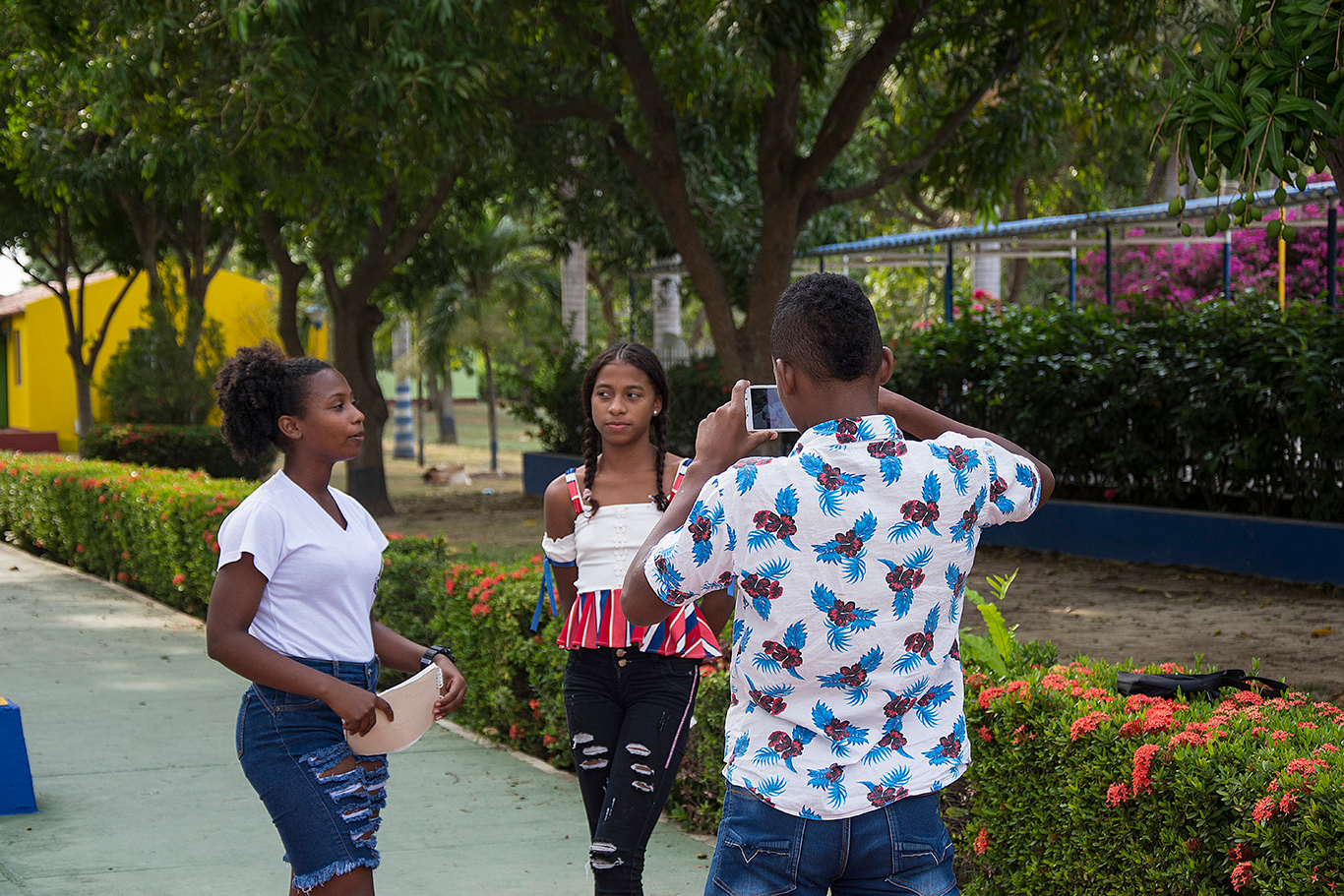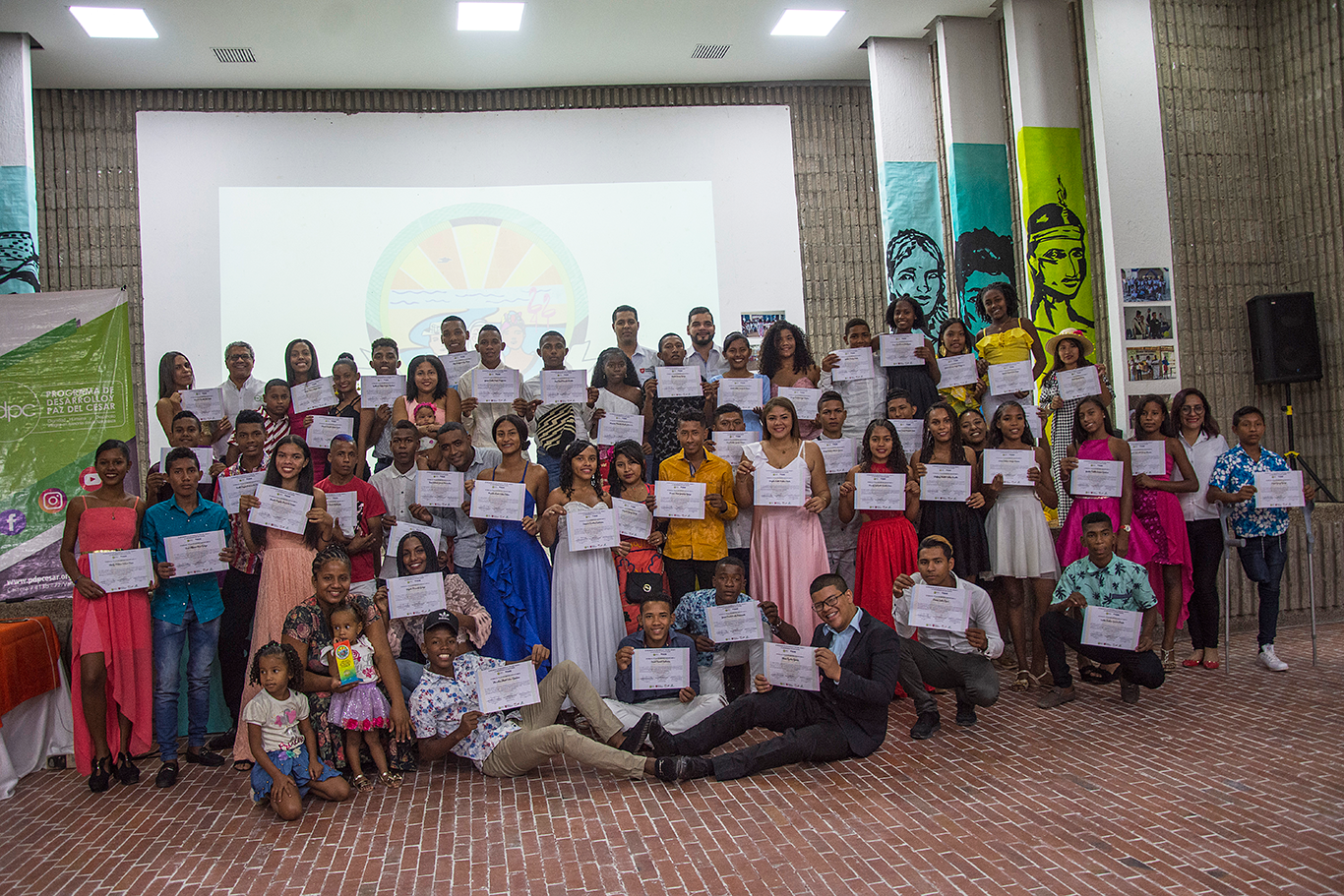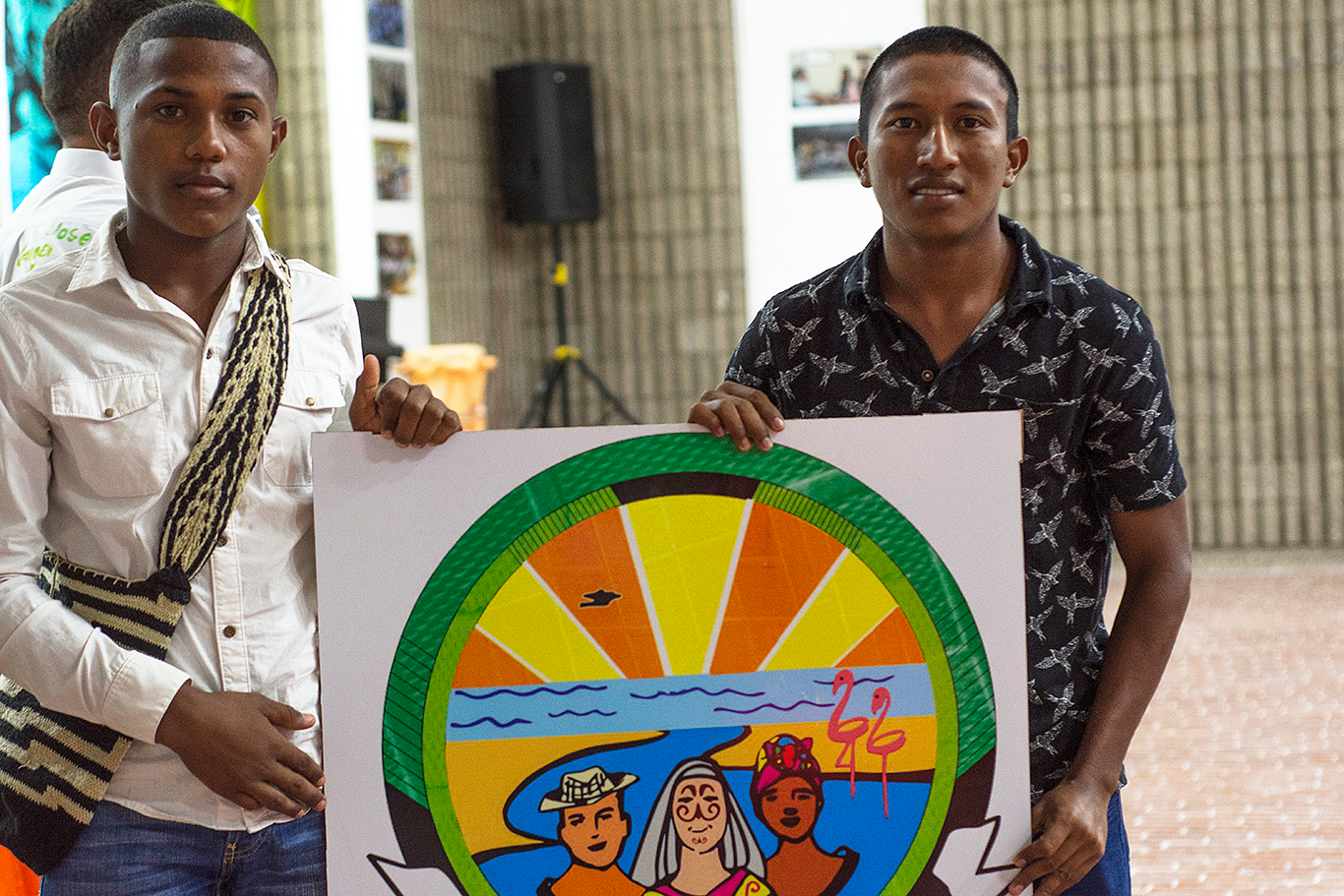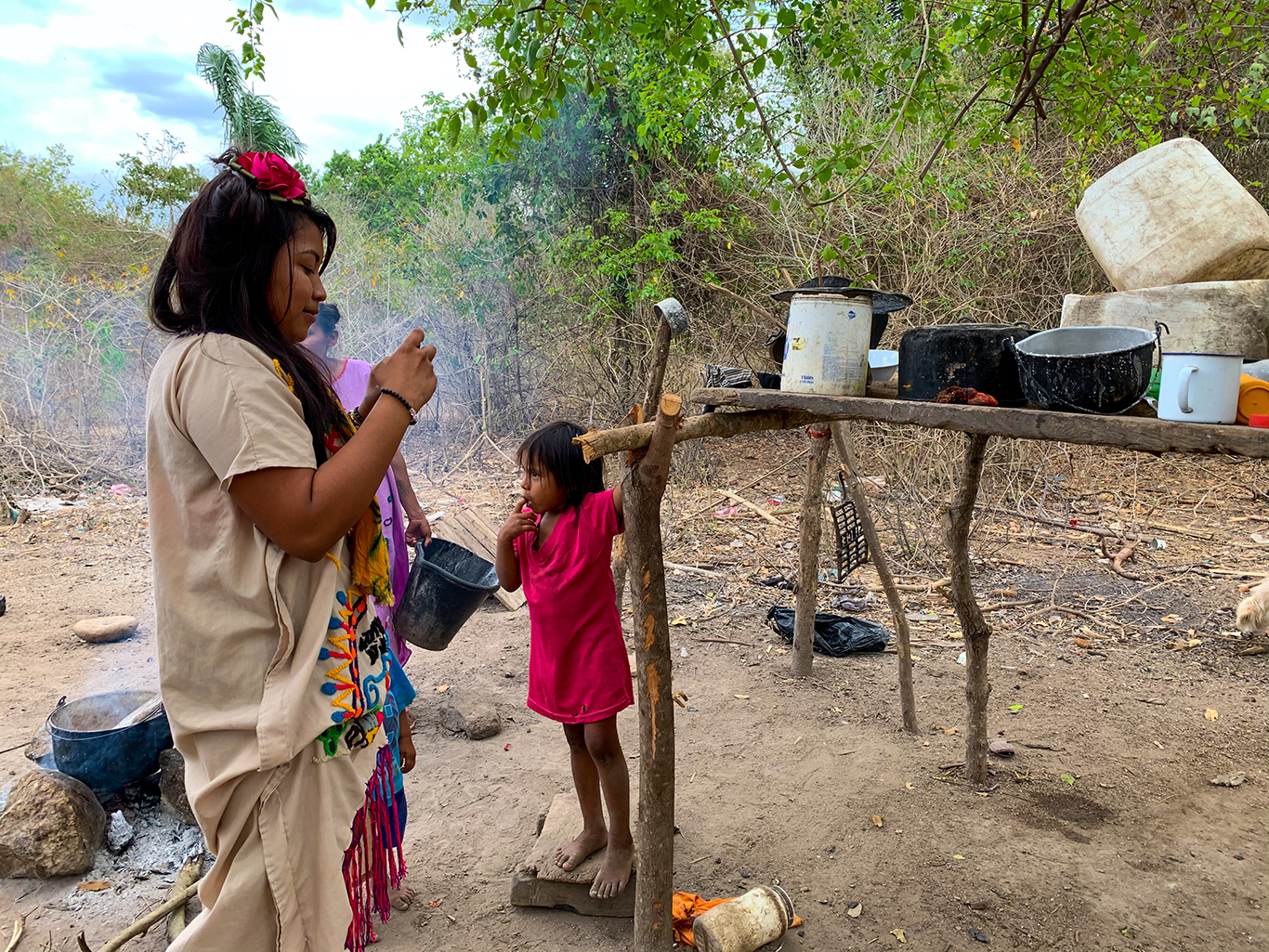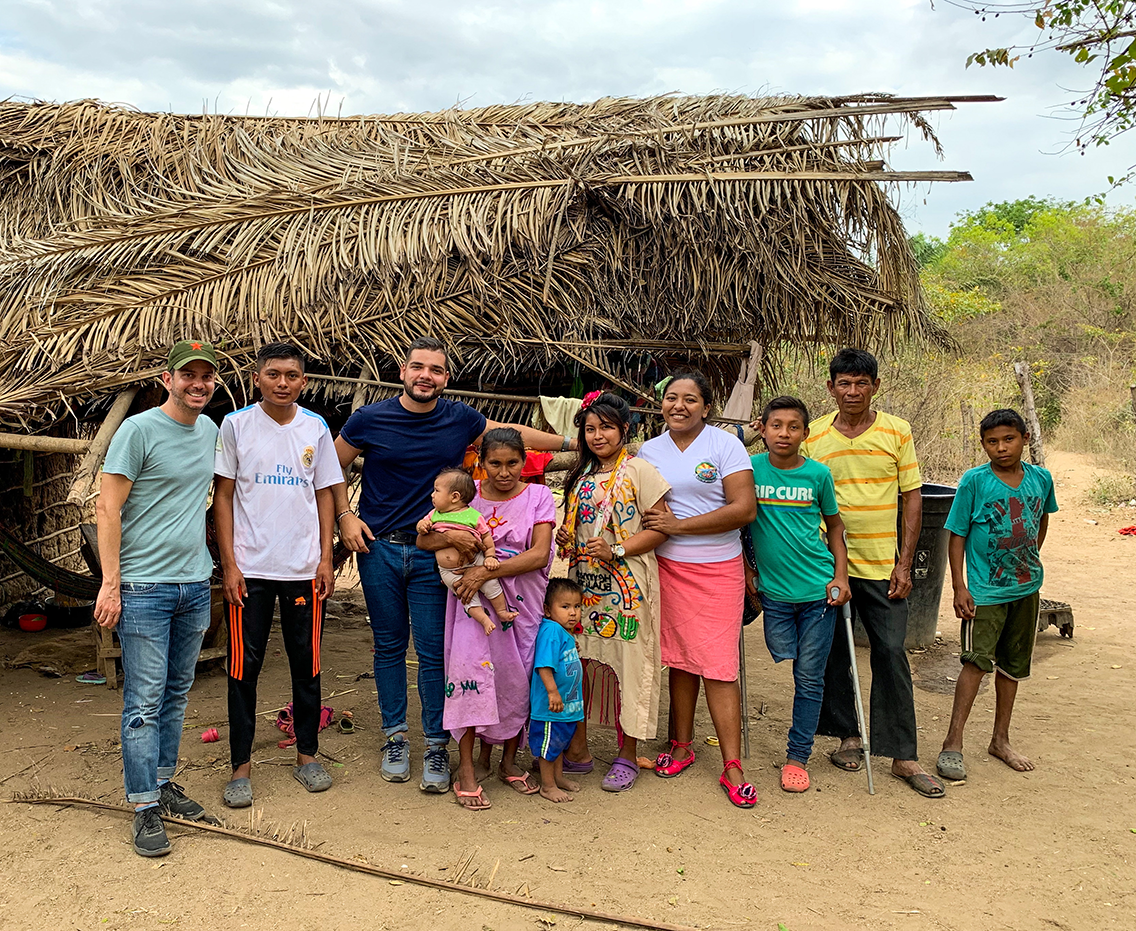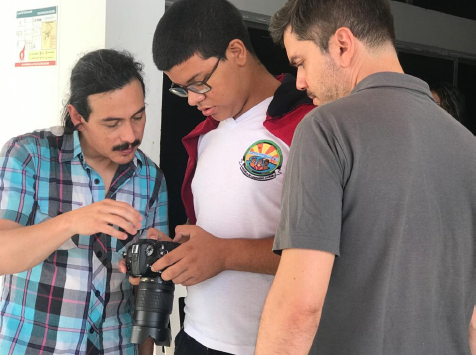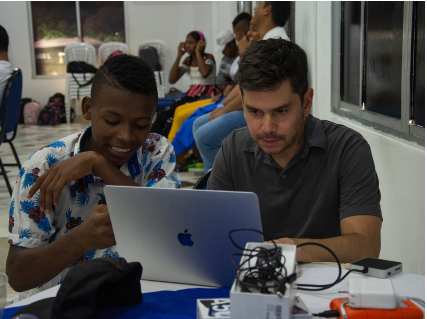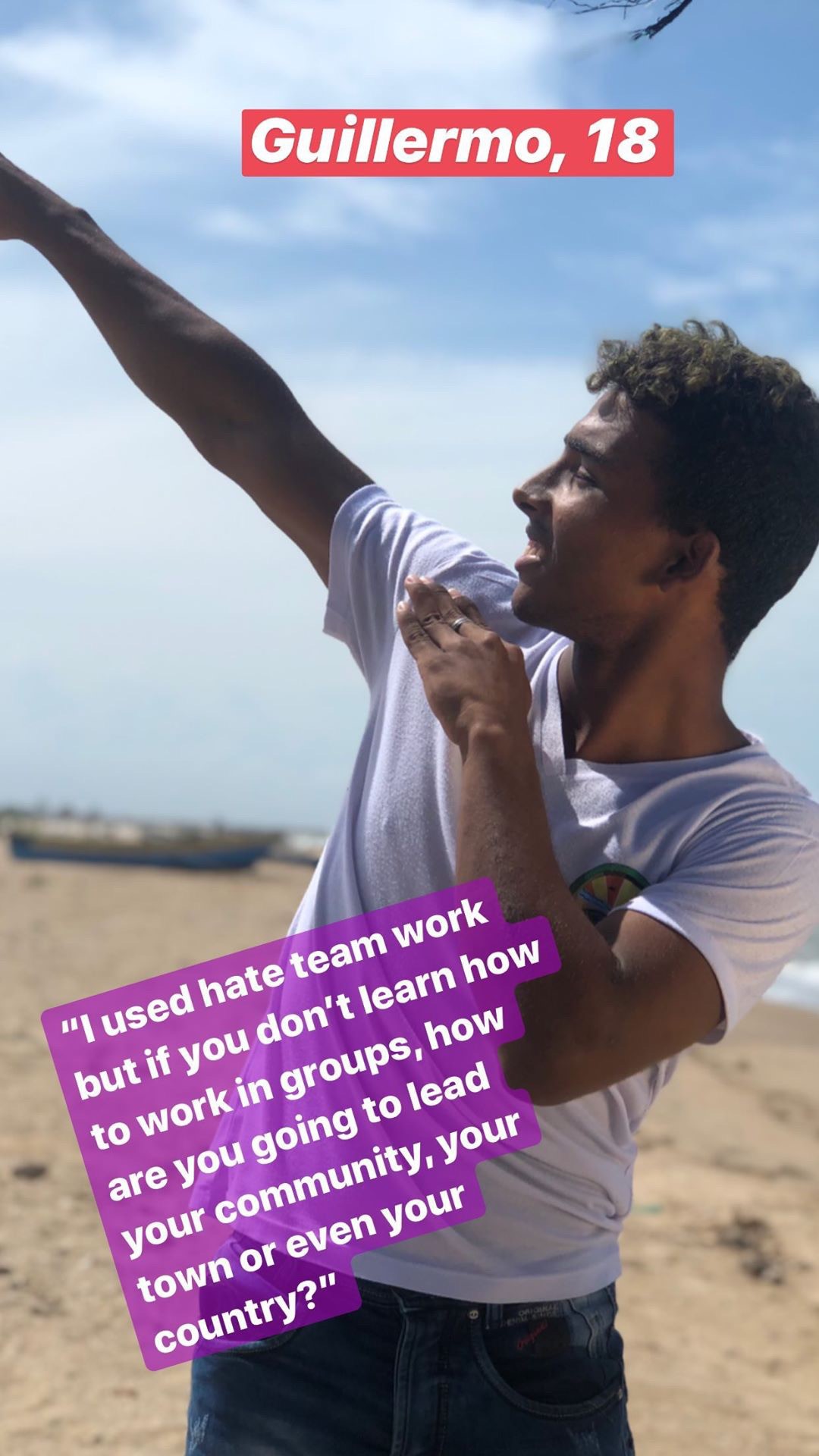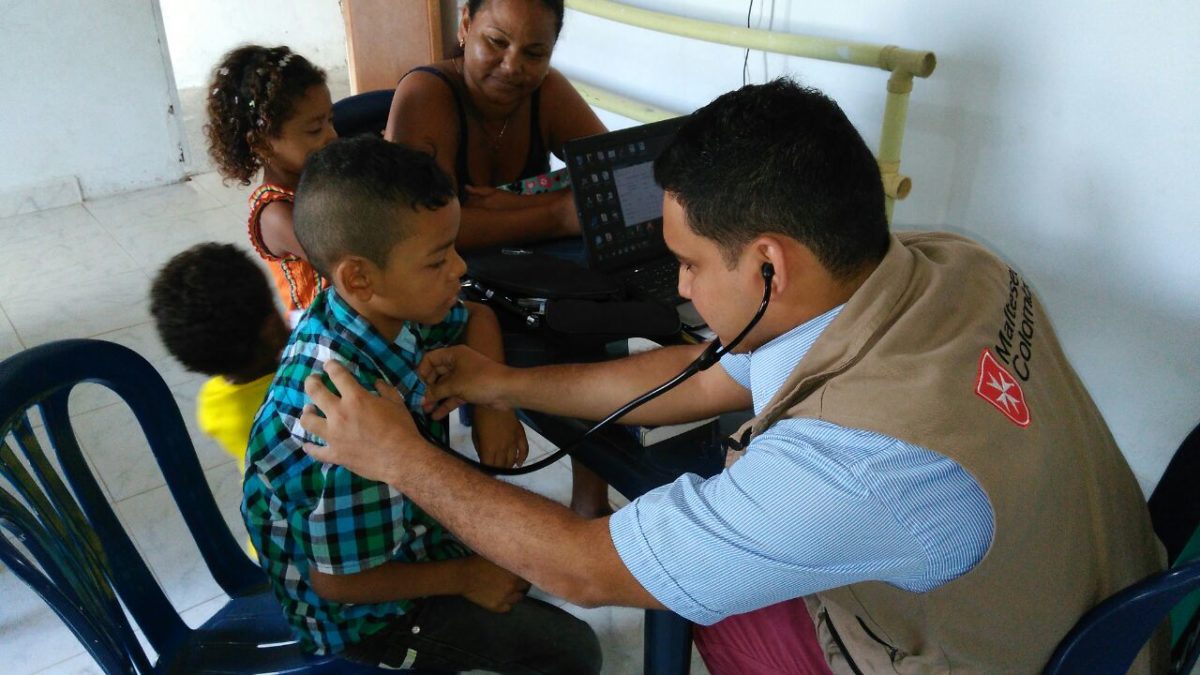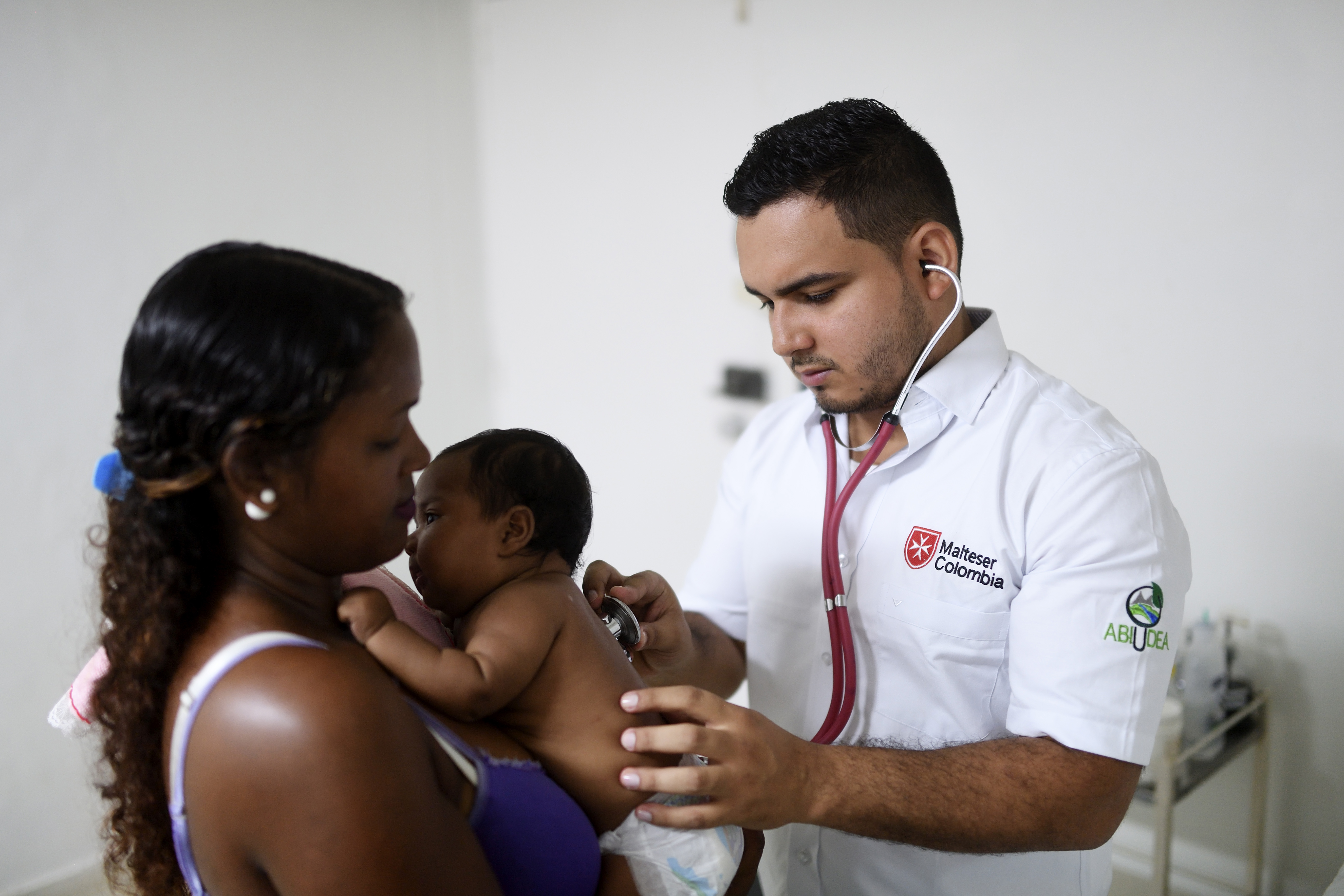South America
Leaders of Tomorrow
Through the Youth Leadership School, “we now know what we want for [our community] and we will continue to work on achieving our dreams.”
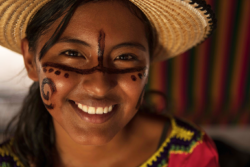
Coming from Ruth Esther Uriana de Armas, a 21-year-old indigenous Wayuu woman from Alewa los Monos – a small, rural village that has suffered from systemic violence stemming from Colombia’s civil conflict – these are powerful words.
Human rights violations and discrimination against ethnic minorities are common in Colombia, and even more so for women and youth. Ruth has gained useful tools to lead her community in facing these challenges, especially in a post-COVID-19 world. After graduating earlier this year, Ruth and the school’s 50 other participants started the third year of the initiative with the launch of the Red de Liderazgo Juvenil de La Guajira, or Youth Leadership Network.
December 10th is #HumanRightsDay. It commemorates the signing of the Universal Declaration of Human Rights, the landmark document which delineates the inalienable rights to which everyone is entitled to as a human being.
As the pandemic has highlighted existing inequalities in societies throughout the world, this year’s focus for Human Rights Day is on building back better. Envisioning a post-COVID-19 world centered on human rights requires confronting familiar challenges: ending discrimination, addressing inequalities, encouraging civic engagement and solidarity, and promoting sustainable development.
For MI Americas, this means working harder to empower communities like the Wayuu in northern Colombia, addressing the systemic conditions that make them vulnerable, and ensuring that youth are valued and equipped to lead their communities towards progress.
The 3-year Youth Leadership School, which is run in partnership with the local organization Programa de Desarrollo y Paz del Cesar (PDPC), empowers youth – mostly indigenous and Afro-Colombian – to transform their communities. Besides imparting knowledge and problem-solving methodology, the first two years focus on building self-confidence in their own abilities. Each participant is encouraged to find and express their own voice.
Currently in its final year as a Network, the trained “change makers” are applying what they have learned, carrying out projects in their villages and working with members of their communities on issues that affect them deeply: climate change, gender-based violence, and lasting peace.
The school’s programming promotes many of the UN’s recommendations for a more human rights-centered world. It tackles marginalization by training youth in project management and digital technology, tools that will support their integration into the labor market. In March, a four-day intensive training with documentarians Human Pictures focused on using smart phones to create and disseminate video campaigns about their community projects.
In Alewa los Monos, Ruth was actively engaged in the COVID-19 response, producing public health videos in Wayuunaike language, and incorporating the Wayuu’s knowledge and cosmologies. Creating materials in Wayuunaiki helps bridge the gaps in knowledge that many indigenous communities face.
The school also encourages youth-led sustainable development practices that address waste management, sanitation, and climate change. The Tapia River, for example, is an important resource for the community, but it is dangerously polluted. Taking note, the students from the village of Matitas created projects not only aimed at cleaning the river, but also ensuring less waste is produced.
Given the steep rise in domestic violence abuse during quarantine, the village of Tomarrazon started an awareness campaign on the prevention of violence against women.
With their growing Network, the youth are actively engaging with their local authorities and community elders to ensure these projects flourish.
Most importantly, however, the program addresses one of the larger underlying issues affecting Colombian rural youth: trauma and disaffection caused by decades of ongoing conflict.
During the “Semana por la Paz” (Peace Week) – an annual week-long event created to highlight civilian peace efforts – the youth launched a campaign called “10 days for Peace and Life”. Designed to create a sense of shared community, participants exchanged their own peace-building experiences, whether through art, music, dance or theater. In doing so, they are becoming more connected with other youth and civil society organizations in the region, enabling them to make more significant progress.
Finding this shared sense of purpose, identity, and solidarity within their own community is essential to building a more resilient population for generations to come.
While much of our programming this year has focused on providing essential Covid-19 relief to indigenous communities in the immediate, we need to think beyond the pandemic. In line with the UN’s call to action on Human Rights Day, the Youth Leadership School is preparing young visionaries like Ruth to make long-lasting change within their communities, creating a more human rights-centered world. Ruth’s journey is testament to the transformative power this kind of education can have.
